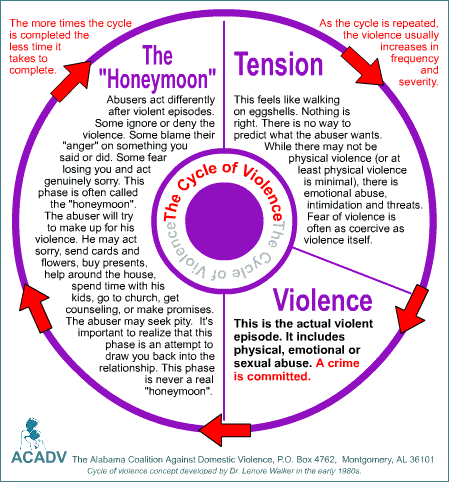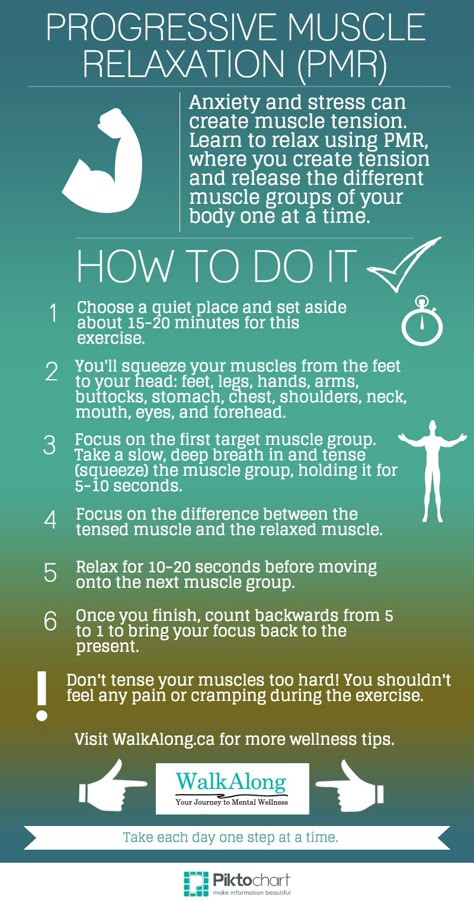How to cope with trust issues in a relationship
What To Do if You Don't Trust Your Partner
Here are 8 ways to build trust in a relationship:1. Be open, acknowledge feelings & practice being vulnerable.
If you need reassurance from your partner, ask for it. If you’re feeling insecure, let them know. Invite them into knowing you, how they make you feel and how you want to make them feel. Be open about your hopes, fears and dreams.
2. Assume your partner has good intentions.
If they let you down, it may not be intentional –sometimes people simply make a mistake. Don’t immediately assume that they are out to get you, it’s okay to question their intentions but be open to accepting that it may be a simple mistake.
3. Be honest & communicate about key issues in your relationship.
Spend time every day checking-in, turning towards each other and reflecting on how things are. If there are issues in your relationship, don’t let them build, bring them into the light. Start small, speak from the “I” (I feel, I notice, I wonder) and have open starters.
4. Acknowledge how past hurts may trigger mistrust in the present.
Ask yourself: is my lack of trust due to my partner’s actions, my own insecurities, or both? Be aware of unresolved issues from your past relationships that may be triggering mistrust in the present.
5. Listen to your partner’s side of the story.
Look out of their window. Make space to ask: how did you see this situation? What is your perspective? How did it make you feel? How did you experience this?
6. Trust your intuition.
Have confidence in your own perceptions (as well as weighing them up against past experiences) and pay attention to red flags. If your gut is telling you something, don’t let it sit. Speak it. Ask that question. If you harbour it, it will grow like a thorn in the side of your relationship.
7. Practice repair after an argument.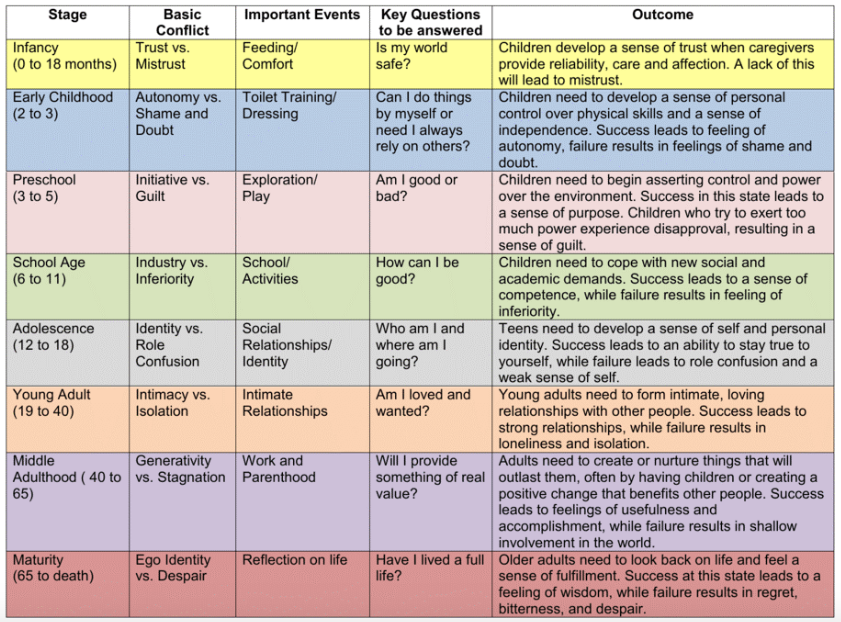
Take a short break if you feel overwhelmed or flooded and set a time to process what happened. This will give you both time to calm down and collect your thoughts so you can have a more meaningful dialogue with your partner.
8. Know that it is not needy to say what you need.
We get SO angry and frustrated with our partners when they do not meet our needs. But have you stopped to ask yourself: “have I made this need very clear? Have I let them know how they can meet it?” Our partners are not mind readers, more often than not: we have to teach them how to meet our needs.
The natural rhythm of relationships is to go from harmony to disharmony to repair and restoration. But lots of people get stuck in disharmony and push apart so hard that they can’t or won’t engage in repair. The goal is to move forward together, not to move backward.
If trust has been broken, there are steps you can take to repair:
- Set a time to talk and name the feelings you experienced due to the breach of trust without blame or criticism.

- Listening to your partner without judgment, and each of you describe your perspective and discuss any feelings that were triggered by the incident.
- Both of you assess how you contributed to the incident and hold yourselves accountable.
- Both apologise from a place of genuineness and accept the apologies.
- Develop a plan to prevent further breaches of trust from occurring.
Do I have trust issues? Getting over trust issues in a relationship
Trust issues are characterized by fear of betrayal, abandonment, or manipulation. And this fear is often triggered as a result of betrayal (such as infidelity), abandonment (think: leaving a child or foregoing a relationship with them), or manipulation (for example, dishonesty or gaslighting).
If you’re reading this, it’s possible that someone you trusted — a partner, a parent, or even a doctor — mistreated you or let you down. And as a result, you struggle to trust others. Or, in other words, you have trust issues.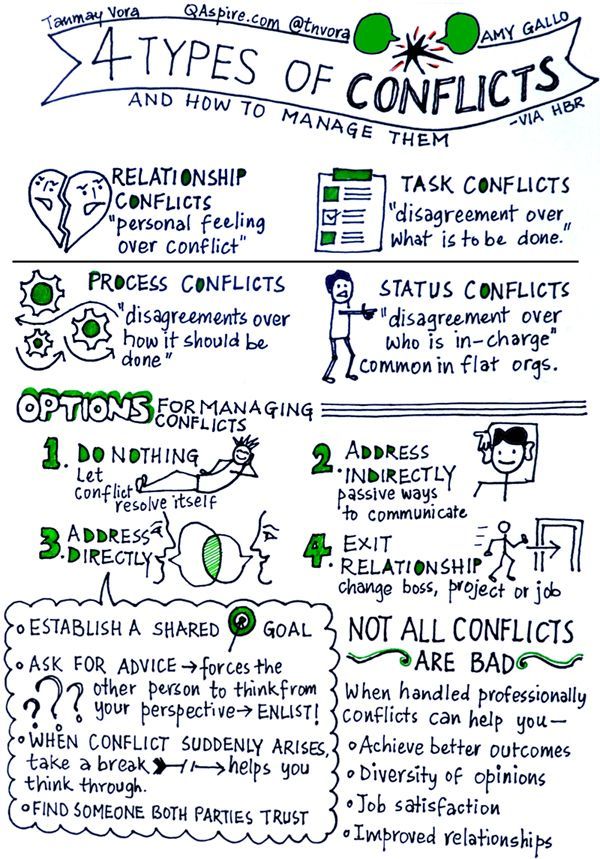
Many people can pinpoint the event or relationship in question, but others struggle. And most (if not all) struggle to overcome their trust issues. However, it isn’t impossible. If you’re struggling with trust issues, you can work to trust again by following a few steps. But first, let’s start from the beginning: What exactly is trust?
What Is Trust?Trust is the belief in the reliability and truth of another person. It’s how we subjectively measure the integrity and honesty of others — those who can be counted on to do what is right. However, sometimes we aren’t certain who to trust, how much to trust, and when not to trust.
What Are Trust Issues and What Are the Signs of Trust Issues?To recap what we said earlier: When someone has trust issues, they have an extremely difficult time trusting others — and often because someone has betrayed their trust in the past. Here are additional signs and symptoms of trust issues:
- They assume betrayal.
 Those with trust issues assume someone has betrayed their trust even if they have no rightful reasoning.
Those with trust issues assume someone has betrayed their trust even if they have no rightful reasoning. - They anticipate betrayal. People with trust issues often assume someone will betray them soon enough, despite how honest they have been in the past.
- They’re overly protective. Those with trust issues are usually very protective of their loved ones, out of fear that they will become disloyal.
- They distance themselves from others. People with trust issues decide it’s best to limit their relationships to avoid betrayal or abandonment.
- They avoid commitment. No matter how much they care for someone, people with trust issues refuse to commit.
- They refuse to forgive (even the smallest mistakes). Those with trust issues are quick to make a big deal out of nothing — it’s the end of the world if someone makes the slightest mistake.
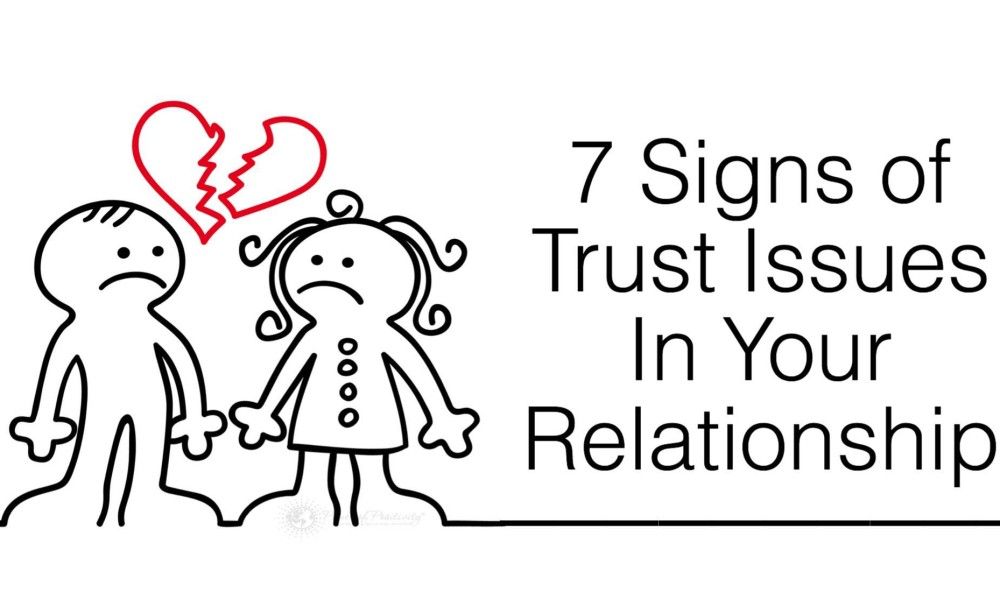
- They’re excessively wary of people. People with trust issues are extremely cautious and suspicious of everyone they meet.
- They feel lonely or depressed. Those with trust issues isolate themselves from others and feel lonely or depressed as a result.
Earlier, we said that trust issues are often caused by an act of betrayal, abandonment, or manipulation. But what are the most common examples of these wrongdoings that lead to trust issues?
- Infidelity: Again, infidelity is an example of betrayal that can trigger trust issues. Many people view this as the ultimate form of betrayal. While it’s possible to repair a relationship after infidelity, often the relationship ends and the victim of the infidelity develops trust issues, which impact future relationships.
- Manipulation or mistreatment: If a past partner or loved one manipulated or mistreated you, you’re also at an increased risk for trust issues.
 Examples include dishonesty, gaslighting, passive-aggressive behavior, and keeping you isolated from others.
Examples include dishonesty, gaslighting, passive-aggressive behavior, and keeping you isolated from others. - Childhood trauma: Adverse experiences in childhood are also likely to cause trust issues. Examples include abuse or abandonment (by one or more caregivers).
- Other forms of trauma: Trauma later in life can also lead to trust issues. For example, you might struggle to trust healthcare professionals because of a firsthand or secondhand traumatic experience with a previous doctor. Think: Getting misdiagnosed with a serious illness.
- Parental divorce or conflicts: If you have divorced parents, you may also be more likely to develop trust issues, especially in your romantic relationships. On the other hand, if your parents argue(d) a lot and you’ve witnessed an up and down relationship, you might’ve developed trust issues as a result.
Once someone experiences a betrayal, their trust issues may impact their ability to avoid internalizing that experience—they may blame themselves, and feel less confident in the future. This can impact their ability to trust because they may feel “undeserving”, and instead of fostering a healthy connection, a person with trust issues may be constantly on guard, waiting for the other shoe to drop, so to speak.
This can impact their ability to trust because they may feel “undeserving”, and instead of fostering a healthy connection, a person with trust issues may be constantly on guard, waiting for the other shoe to drop, so to speak.
In most cases, our romantic relationships suffer the most from our trust issues — whether they’ve resulted from betrayal in a former romantic relationship or not. Why? Intimate relationships are based on honesty and openness. The trust that partners have in each other is the glue that binds the relationship, providing a positive emotional connection that’s rooted in affection, love, and loyalty.
A common cause of trust issues is infidelity. If a partner in a relationship has an affair, the deception and betrayal of trust can be more damaging than the actual affair. The lying erodes the belief in the other person, and the reality is that the partner has another aspect of their life that they’ve kept secret. A person who didn’t develop trust as a child will feel especially vulnerable to infidelity and deception by somebody they loved.
A person who didn’t develop trust as a child will feel especially vulnerable to infidelity and deception by somebody they loved.
Having trust issues as a singular issue isn’t a mental illness. However, it can be indicative of an actual mental health condition, particularly:
- Anxiety disorders, especially PTSD
- Borderline personality disorder (BPD)
- Paranoid personality disorder (PPD)
- Bipolar disorder I or II
These conditions may cause trust issues in relationships because of the way certain cognitive distortions, irrational beliefs, or mood swings may unrealistically change someone’s perception of reality and interpersonal relationships. What can be particularly damaging, though, is when a person with a mental health condition that causes trust issues is hurt by a loved one’s deception. This can affirm their negative bias and make it even harder to emotionally and socially connect with other people, even if they desire to do so.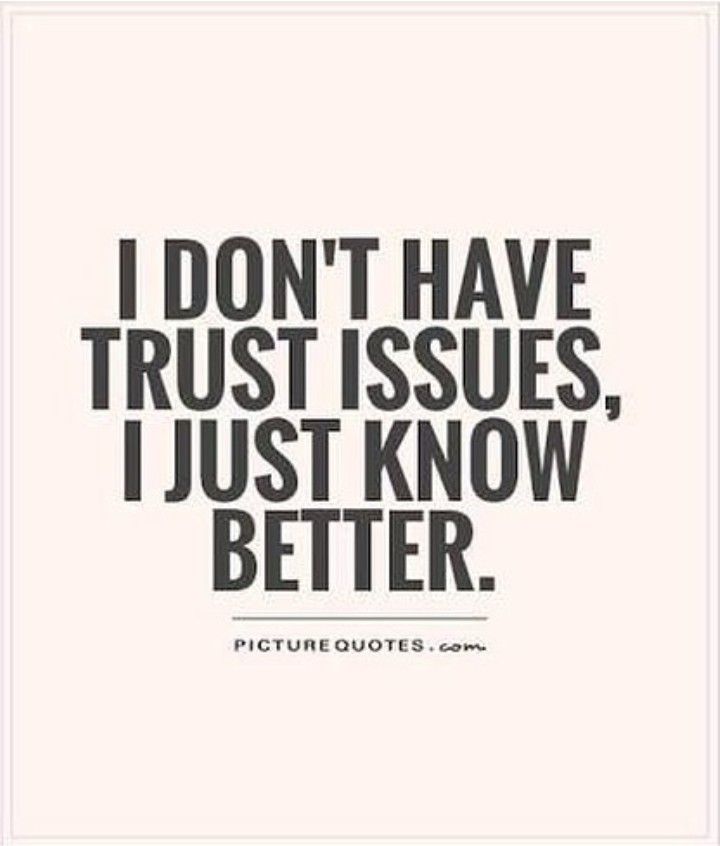
Pistanthrophobia is the fear of trusting people or forming significant relationships with them. While it’s not a recognized mental health condition in the DSM-5, pistanthrophobia, like other phobias, causes significant mental and emotional distress and usually detracts from the sufferer’s quality of life in a significant way.
Are Trust Issues a Red Flag?Trust issues can be a sign that someone has experienced a significant amount of trauma — but that doesn’t mean that they aren’t working through their past experiences. Trust issues in a relationship can be hard for both partners to overcome, but with adequate support and communication channels, people with trust issues can have healthy, successful connections with partners — that aren’t ruled by their past.
What Do You Do If You Have Trust Issues In a Relationship?Dialectal behavior therapy (DBT) is an effective treatment method for people who are noticing continued trust issues in relationships.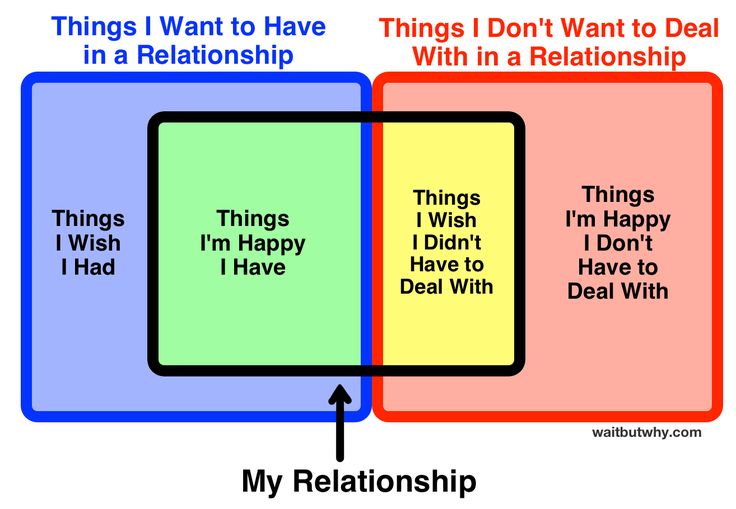 So for those wondering how to fix trust issues, finding a mental health professional that they can connect with and receive DBT from is the first place to begin. Partners can also benefit from couples or marriage counseling, where they’ll learn new ways to empathize, communicate, and resolve differences and conflicts.
So for those wondering how to fix trust issues, finding a mental health professional that they can connect with and receive DBT from is the first place to begin. Partners can also benefit from couples or marriage counseling, where they’ll learn new ways to empathize, communicate, and resolve differences and conflicts.
But even before beginning counseling or another form of mental health treatment, there are smaller, personal ways in which someone with trust issues in a relationship can begin to find healing.
How to Get Over or Overcome Trust Issues: 8 TipsKnowing how to fix trust issues isn’t always simple. If you have trust issues and it’s hindering your ability to build happy, healthy relationships or it’s hindering your life in another way, then it’s time to make a change. Follow these steps if you’re wondering how to fix trust issues and take your relationships to the next level.
1) Accept the risk that comes with learning to trust again.
None of us are perfect — we let people down. Therefore, you must accept the risk that comes with trusting; the reality is that you’re going to be let down at some point or another. But that doesn’t mean your relationship with that person is or should be over. It’s about setting and communicating the right expectations as well as boundaries.
2) Learn how trust works.Some people trust until they have a reason not to — others don’t trust people until that trust is earned. It’s up to you if and when you choose to trust someone. It’s perfectly okay to wait for someone to earn your trust before deciding you can rely on them. Especially if you’re recovering from past betrayal.
3) Take emotional risks.At some point, you’ve got to just jump in head-first. Allow yourself to be vulnerable and choose to trust (whether it’s at the beginning of a relationship or after they’ve earned your trust).
4) Get to the root of your trust issues.
Remember, trust issues often stem from a past betrayal. If you aren’t sure why you have trust issues, do some soul-searching. Think about any past experiences that may have caused your trust issues. It’s crucial that you understand why you’re scared and what you’re scared of, so you can move on. If you need help doing this, consider working with a counselor.
5) Communicate honestly and often.Poor communication is one of the main reasons that marriages and other relationships deteriorate. Do your part, and continue to be honest with the people in your life. Also, talk to them about your hesitancy to trust.
6) Be mindful of your relationships.Each one of your interactions works to build trust. Start tuning into these interactions and consider why someone (whether it’s your new doctor, partner, or co-worker) might deserve your trust.
7) Consider those you do trust and express your appreciation.Friends and family members who have always been there are easy to take for granted unless you make a conscious effort to show them your appreciation. When you have a problem, those are the people you can trust to be a support network. In addition, you can learn a lot about who, what, why, and how you trust from these relationships.
When you have a problem, those are the people you can trust to be a support network. In addition, you can learn a lot about who, what, why, and how you trust from these relationships.
If you fail and resort back to distrusting tendencies, try again. Trust again. Keep putting yourself out there.
Where trust problems come from in relationships and how to get it back
October 11, 2021 Relations
Apologizing doesn't always make it right, and the process of rebuilding trust can take months or even years.
Share
0Strong relationships are always built on trust. It doesn't matter how willing we are to open up to other people. If trust is lost, our inner sense of security is threatened. We begin to doubt ourselves and our partner, his honesty, feelings, motives, actions.
Lies and secrets affect relationships not only with a partner, but also with family, friends, close people. We start building walls of distrust, hoping to protect ourselves. But this is not the only problem.
We start building walls of distrust, hoping to protect ourselves. But this is not the only problem.
How trust problems manifest
Distrust
We find it difficult to open up to others for several reasons.
If a person has experienced betrayal in a past relationship, he may be especially prone to distrust others. Unprocessed anger and pain can make us look for a double bottom where there is none, or subconsciously attract unreliable partners.
Sometimes distrust starts in the family. If relatives abuse alcohol or drugs, or there are a lot of secrets in the family about which they lie and are silent, the child may stop trusting not only parents, but also his own understanding of reality.
Usually dad and mom don't talk about what's going on in the hope of protecting the children. But everything is quite the opposite - a lie confuses a child who feels that adults are not saying something.
Sometimes parents deliberately hide the truth, trying to impose their own vision of the situation or hide guilt and shame for what happened.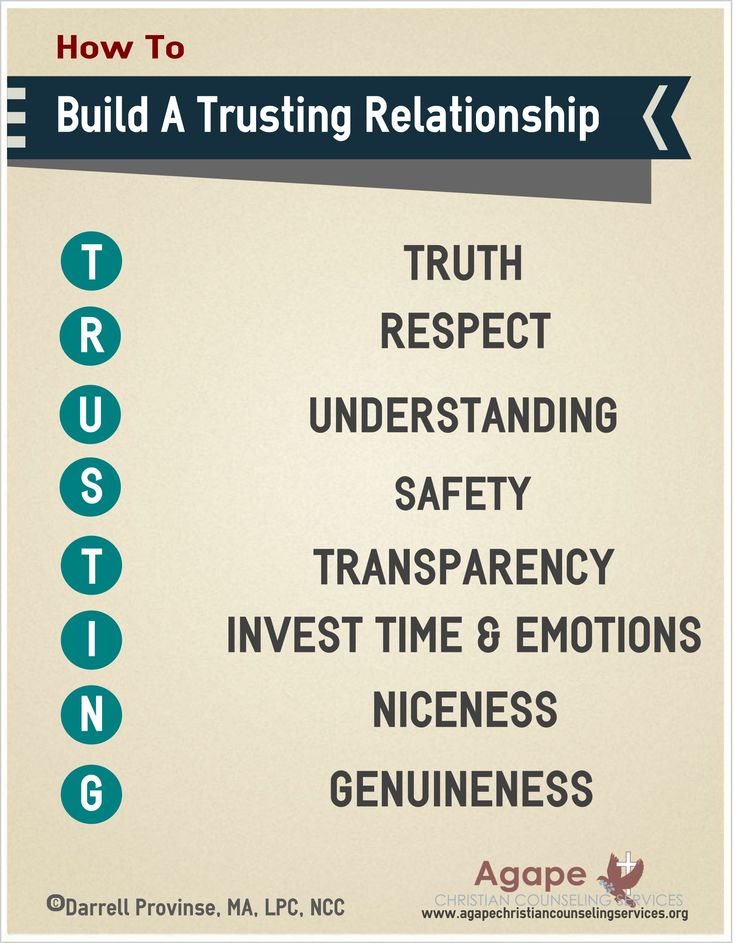 Some fathers and mothers may even blame children for family failures. Such situations further undermine the child's trust in the world around him.
Some fathers and mothers may even blame children for family failures. Such situations further undermine the child's trust in the world around him.
At the same time, even the most seemingly small things can negatively affect the understanding of trust — when parents do not keep their promises, do not pick up the child from kindergarten or school on time, and come up with a constantly changing system of punishments.
Indifference, betrayal in the family, physical or emotional abuse - all this also undermines the inner sense of trust in the world.
Excessive trust
Abuse and psychological trauma lead not only to distrust, but also to excessive trust. Some people even experience both of these scenarios.
There are other factors that cause a person to trust others too much, and which can manifest themselves both separately and together. Among them are the idealization of a partner, dependence on relationships or the desire for them to be trusting.
Despite the fact that the family can seriously undermine trust, the childish desire to open up to others does not go anywhere.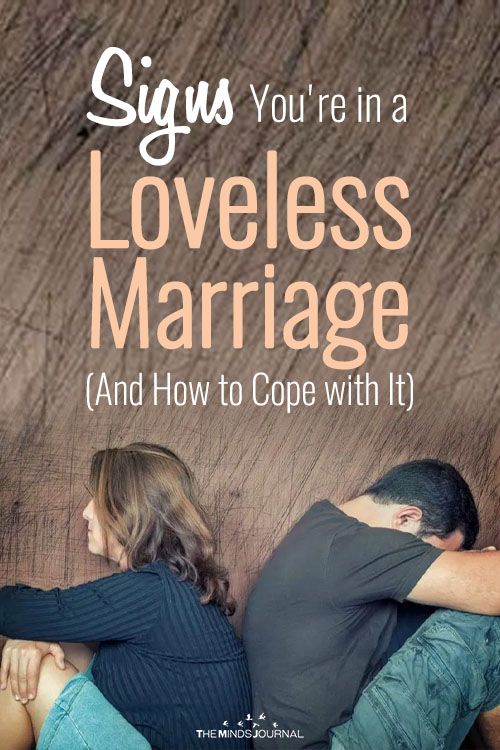 This subconscious yearning for truly meaningful relationships leads the person to project trust onto the wrong people in an attempt to create an almost familial feeling of intimacy.
This subconscious yearning for truly meaningful relationships leads the person to project trust onto the wrong people in an attempt to create an almost familial feeling of intimacy.
Add to this relationship addiction and a desire for care, and here we are already denying obvious arguments and signals and doing our best to continue to believe in a person who constantly undermines our trust.
In addition, when parents deny the reality of the child, he ceases to pay attention to his feelings and intuition. All this leads to excessive trust, especially in relation to loved ones.
How to regain the trust of a loved one
Unfortunately, you can't go into the past and change family relationships. But if we have betrayed or violated the trust of a person dear to us, it is still possible, although difficult, to turn the tide. The main thing is to approach the issue as gently and accurately as possible.
Broken trust cannot be restored by simple apologies, and explanations and excuses can even worsen the situation. There are seven steps you can take to try to rebuild a close relationship:
There are seven steps you can take to try to rebuild a close relationship:
- Listen carefully to your partner.
- Let his feelings through you.
- Ask what can be done to never betray his trust again.
- Try to do everything possible to regain the trust of a loved one.
- Take responsibility for your actions: do not blame others and do not ignore problems.
- Sincerely apologize.
- Continue to have an open and honest dialogue.
The last point is especially important. It is worth asking your partner how best to make amends and what to do so that this situation does not happen again. These questions will help your loved one feel that their emotions and needs are being respected.
When it comes to serious betrayal, you will have to discuss the relationship and decide if it can be saved and how to do it.
If it is not possible to restore trust through dialogue, the problem recurs, or the matter concerns infidelity, it is worth contacting a specialist. It will help partners open up to each other and find the source of the problem. Seeking help outside of a relationship is not a weakness. On the contrary, it shows a willingness to work on the union and strengthen it.
It will help partners open up to each other and find the source of the problem. Seeking help outside of a relationship is not a weakness. On the contrary, it shows a willingness to work on the union and strengthen it.
Loss of trust is a real test for a relationship. At first, it may seem that the partner has forgiven and everything has returned to normal. In fact, a loved one may still be tormented and worried about what happened. It can take months or even years to fully heal. Be there and help a loved one heal wounds.
Read also 🧐
- 10 tips to strengthen relationships
- How to forgive a loved one and start trusting him again
- Why we don't trust people and should we start
how to create trust in a couple
Psychology of relationships: how to create trust in a coupleAuthorization
New user Already registered
Forgot your password?
Contact
We will call you back as soon as possible!
Forgot your password?
Your new password must be different from the previous one
Create a new password
Your new password must be different from the previous one
Registration
New user Already registered
I confirm that I am over 18 years old, I have read the terms of service and the privacy policy
Angela Dolzhenko.
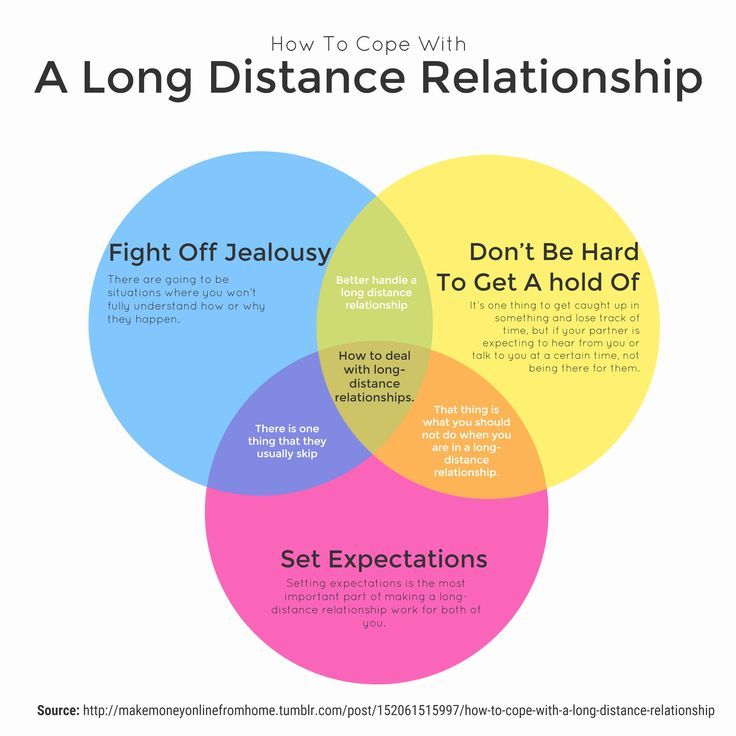
Psychologist, art therapist, body therapist
Experience: 23 years.
Approaches: art therapy, body-oriented therapy, work with metaphorical associative maps.
Problems: self-doubt, fears, anxiety, conflicts, search for a life's work, crises in family relationships, support of the process and consequences of divorce.
Lilia Malashko
Psychologist-sexologist, family psychologist
Experience: 15 years.
Approaches: psychoanalysis, CBT, emotionally focused and emotionally imaginative therapy.
Problems: low self-esteem, couple relationships, dissatisfaction with life, sexual issues, stress, anxiety, parent-child relationships.
Ekaterina Simoroz
Psychologist, gestalt therapist, specialist in child-parent relationships.
Experience: 4 years.
Approaches: gestalt therapy, art techniques, mind maps, emotional education therapy.
Problems: emotional dependence, phobias, obsessive thoughts, chronic fatigue, procrastination, lack of meaning in life, emotional instability, identity issues.
Yulia Reutenko
Family psychologist
Experience: 3 years.
Approaches: regression therapy, systemic family psychotherapy using transgenerational and systemic approaches.
Problems: childhood traumas of adults, codependent relationships, self-devaluation, negative relationships with parents.
Anzhelika Skidan
Psychologist, family psychologist, CBT consultant, transactional analysis psychologist
Experience: 9 years.
Approaches: transactional analysis, cognitive behavioral therapy.
Problems: I work with depression, apathy, anxiety, low self-esteem, relationship problems, pain of loss and other personal problems.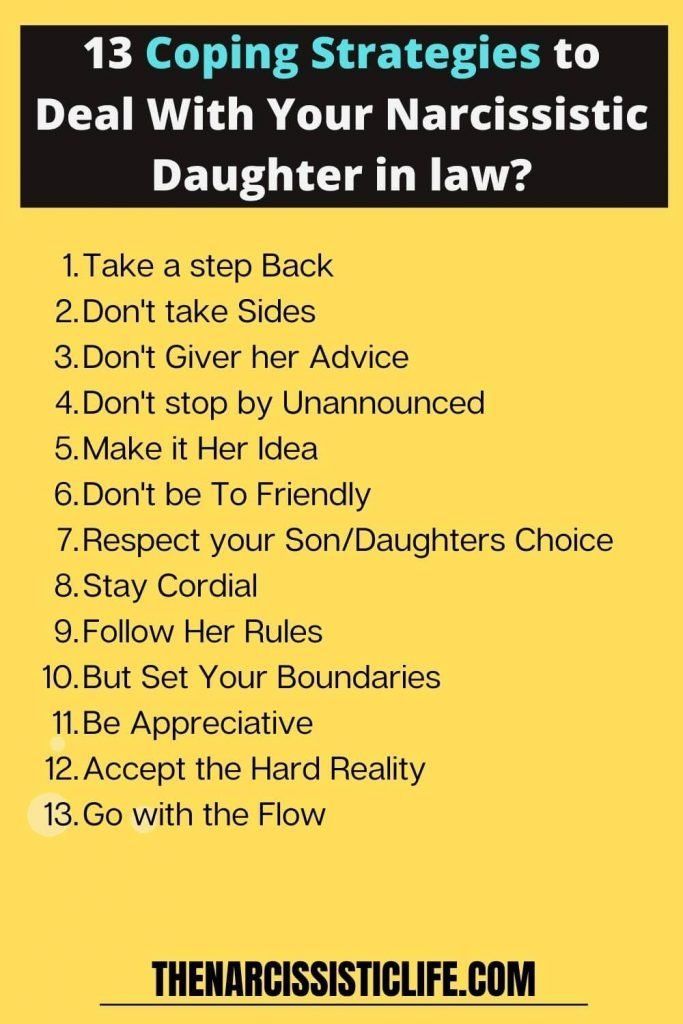
Margarita Zaichenko
Psychologist - psychotherapist, family and crisis psychologist
Experience: 14 years.
Approaches: positive psychotherapy, CBT, emotional image therapy, Jungian analysis, gestalt therapy, psychoanalytic therapy.
Problems: setting and realization of goals, fears, panic attacks, feelings of anxiety, conflicts, dissatisfaction with the quality and brightness of life.
Julia Petrunyak
CBT consultant, sexology consultant
Experience: 3 years.
Approaches: CBT, NLP, art therapy, psychodrama.
Problems: relationship problems, abuse, divorce, loneliness, emotional dependence, betrayal, jealousy, burnout, self-esteem and self-realization, guilt and shame, fears, crises.
Natalia Zdorovtsova
Psychologist, family psychologist, sexologist
Experience: 10 years old.
Approaches: psychodynamic (psychoanalytically oriented) psychotherapy.
Problems: individual and interpersonal difficulties (loneliness, repetitive scenarios, frequent conflicts, loss of trust, betrayal, sexual dissatisfaction, etc.).
Alexey Vydysh
Family and corporate psychologist, mediator, supervisor, trainer, facilitator
Experience: 10 years.
Approaches: client-centered approach, CPT, existential analysis, systems approach, psychodrama.
Problems: personal growth and self-realization, professional activity, negotiation and conflicts, family relations, existential crises.
Elena Dulova
Psychologist, family psychologist
Experience: 15 years.
Approaches: CBT, gestalt therapy, art therapy.
Issues: emotional instability, parent-child relationships, crisis situations, losses, anxiety states, fears, relationships in the family, in a couple, fatherhood, conflicts with others, internal conflicts.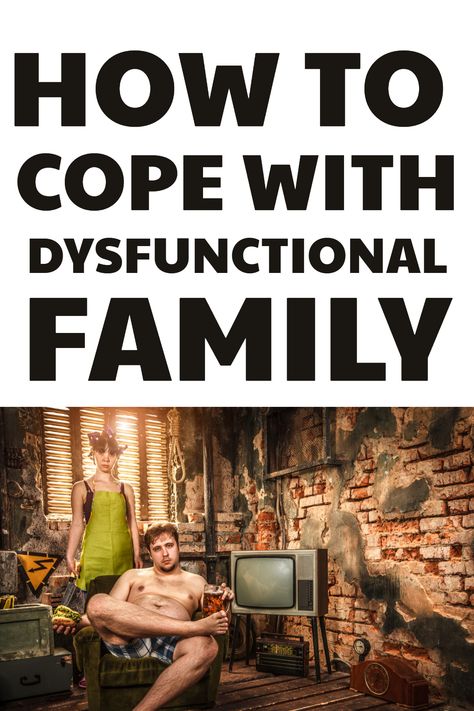
Ilona Yakovleva
Family psychologist, gestalt therapist, psychologist-sexologist
Experience: 8 years
Approaches: gestalt therapy, family systemic therapy, art therapy.
Problems: depression, difficulties in relationships with partner, parents, children, self-esteem, problems with childbearing and family creation, divorce and loss, problems in intimate relationships.
Valentina Melkovskaya
Practicing psychologist, family consultant, gestalt therapist
Experience: 8 years.
Approaches: gestalt therapy, art therapy, family systems therapy.
Problems: low self-esteem, childhood mental trauma, emotionally dependent relationships, separation from parents, emotional burnout, depression, loneliness, stressful conditions, fear of death.
Natalia Tikhonova
Psychologist, family psychologist
Experience: 11 years.
Approaches: family therapy, psychoanalysis, transactional analysis.
Problems: personality problems, burnout, depression, chronic fatigue, couples, divorce, success problems, motivation, eating disorders, and more.
Olga Basista
Psychologist-sexologist, gestalt therapist
Experience : 9 years.
Approaches: gestalt therapy, positive psychotherapy, sexology.
Problems: sexuality, psychological or emotional dependence, anger, resentment, loneliness, shame of oneself and one's feelings, self-esteem, anxiety, fears, panic attacks, problems in relationships, search for motivation.
Ivan Gurtovoy
Psychologist-psychotherapist, family psychologist
Experience: 11 years
Approaches: CBT, art therapy, symbol drama and multimodal approach.
Problems: violence and pressure, negative and obsessive thoughts, PA, loss of a loved one, PTSD, eating disorders, anxiety and depression, apathy, guilt, relationship problems.
Olga Pribylskaya
Psychologist-consultant
Experience: 7 years.
Approaches: catathym-immaginative psychotherapy (symboldrama) and art therapy.
Problems: Difficulties in couples, family, self-discovery, self-esteem issues, loss, fears and phobias. Formation of life plans, career and goal setting.
Olga Morozova.
Practicing psychologist
Experience: 10 years
Approaches: analytical psychology, art therapy, transactional analysis, body orientation therapy.
Problems: crises, PTSD, gender-based violence (including domestic violence). I will be useful in working with anxiety, depression, burnout and self-esteem.
Irina Pikushchenko
Systemic family therapist
Experience: 15 years.
Approaches: family therapy, gestalt approach, constellation.
Problems: family and relationships in it, intrapersonal conflicts and problems in communication with the world, choosing a profession and finding one's own path, relations between a man and a woman.
Irina Filenko
Child, adolescent, family psychologist
Experience: 9 years.
Approaches: family therapy, art therapy, methods and techniques based on the strengths of the client.
Problems: relationship with a child, conflict situations in the family, adolescent crisis, alienation and aggression of adolescents, resource for fatherhood, gender characteristics of growth.
Anna Bulatova
Psychologist, Gestalt therapist
Experience: 10 years.
Approaches: gestalt therapy, transactional analysis, MAC, art therapy, logotherapy.
Problems: conflicts in relationships, self-esteem, crises, childhood traumas, age-related crises, separation, self-doubt, adaptation to life in another country.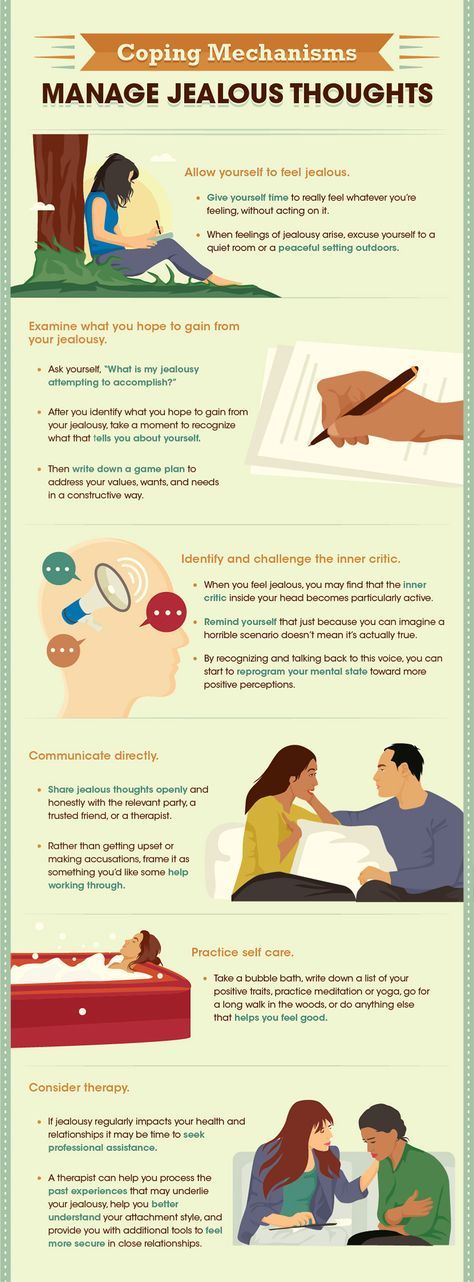
Maria Kisilevich
CBT consultant, coach, child psychologist
Experience: 15 years.
Approaches: CBT, art therapy, child psychology.
Problems: Problems in relationships with children, issues of upbringing and development of children, the child's adaptation period (kindergarten, school), anxiety, fears, negative beliefs, panic attacks, enuresis, anger.
Ludmila Dmitrenko
Psychosomatologist, family psychologist, counseling psychologist.
Experience: 5 years.
Approaches: personal counseling, transactional analysis, psychosomatics, cognitive approach.
Problems: family conflicts, depression, anxiety, negative emotions, low self-esteem, abusive relationships, interaction with the external and internal world.
Olga Podvalnaya
Certified psychologist, sleep expert
Experience: 10 years.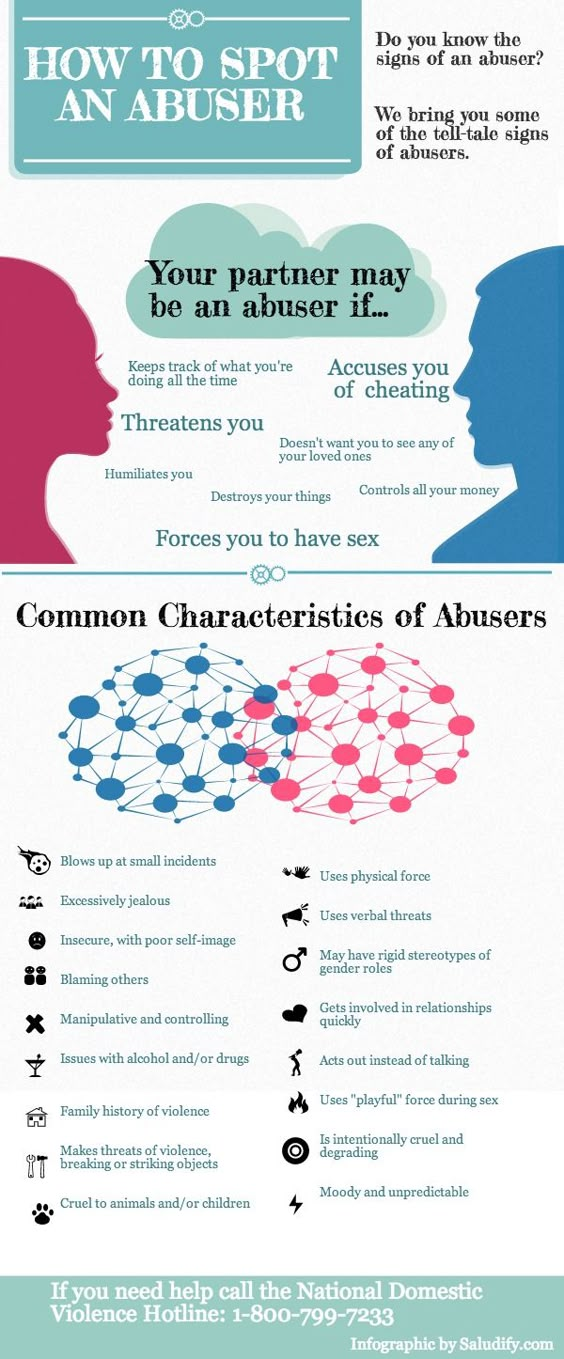
Sets: client-centered psychotherapy, cognitive-behavioral psychotherapy.
Problems: sleep problems, domestic and abusive relationships, relationship problems, anxiety, apathy, well versed in the unique context that LGBTQ+ people face.
Svetlana Nazirova
Psychologist, gestalt consultant
Experience: 3 years.
Approaches: gestalt therapy, coaching, art therapy, MAC.
Issues: Relationship crises (infidelity, anxiety, vulnerability, jealousy, control, panic attacks), problems of female self-manifestation, search for a resource, problems of self-esteem and emotions.
Daria Zozulya
Systemic family psychologist, child/adolescent psychologist
Experience: 8 years.
Approaches: gestalt therapy, psychoanalysis, psychodrama, art therapy.
Problems: parenting scenarios in children, conflicts with teenagers, problems in teaching a child, bullying, anxiety, panic attacks, loneliness, working with fears, relationship problems.
Roksoliana Vovk
CPT - consultant, gestalt consultant
Experience: 5 years.
Approaches: cognitive behavioral and gestalt therapy.
Problems: anxiety, depression, panic, lack of confidence, fear of interacting with the world, difficulties in relationships with loved ones, traumatic experience, difficulty making a decision, self-doubt.
Yulia Dontsova
Analytical psychologist
Experience: 4 years.
Approaches: analytical direction, integrative approach.
Problems: co-dependent relationships, living through the stages of change (liberation, divorce, relocation), parent-child relationships, communication in a couple, anxiety, fears, internal imbalance.
Viktoria Antonova
Trauma therapist, CBT consultant
Experience: 15 years
Approaches: transactional analysis, CETA therapy (cognitive-behavioral therapy approach).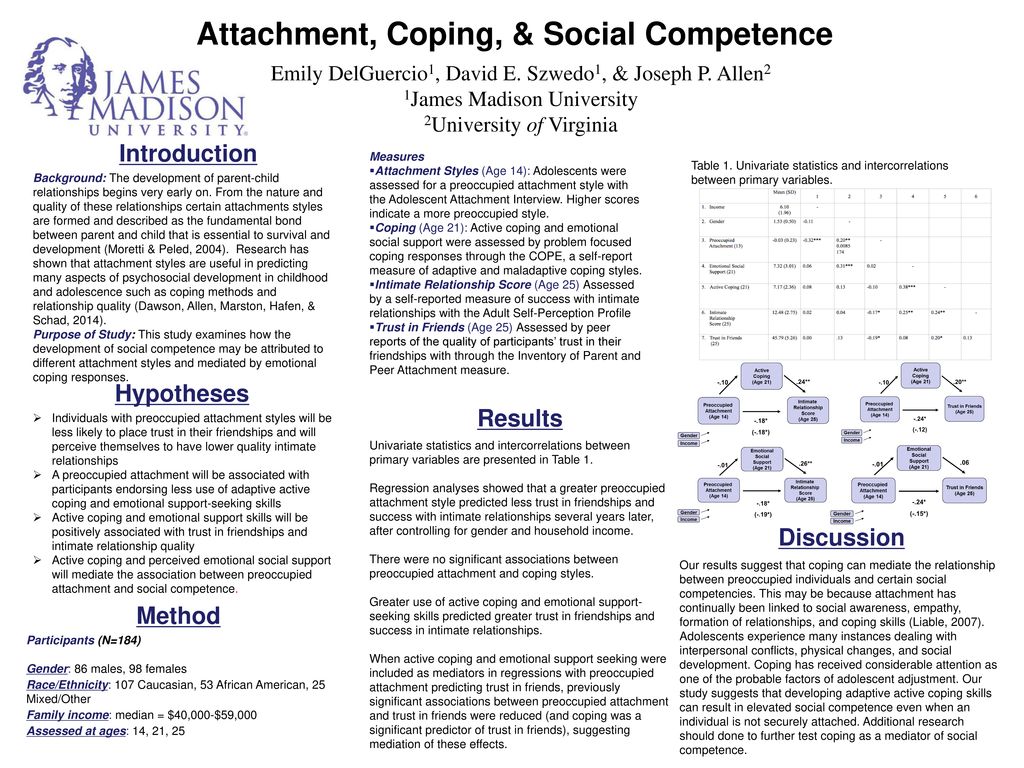
Problems: panic attacks, stress, burnout, loss of meaning, self-perception, fatherhood and relationship with a child, relationship breakdown, childhood trauma, obsessive thoughts and memories.
Ekaterina Astakhova
Family psychologist, adolescent psychologist
Experience: 7 years.
Approaches: psychodynamics, work with children/adolescents and families, art therapy.
Problems: child-parent relationships, conflicts, career guidance, self-esteem, anxiety, psychosomatics, self-awareness.
Gleb Fedorov
Counseling psychologist
Experience: 5 years
Approaches: cognitive behavioral therapy, gestalt therapy and schema therapy.
Problems: personality conflicts, negative beliefs, and mild to moderate depressive and anxiety disorders. Search for harmony and personal growth.
Olga Beleva
Psychologist, family therapist
Experience: 4 years
Approaches: Systemic family therapy, client-centered therapy, cognitive behavioral therapy.
Problems: anxiety, emotional outbursts for loved ones, emotional depression or apathy, relationships in a couple / with children / with parents, problems of loneliness, leaving relationships.
Karina Dudareva
Art therapist, child and family psychologist
Experience: 4 years
Approaches: art therapy, body therapy, prize therapy, CBT, child psychology.
Problems: children's behavior, fears, uncertainty, communication difficulties, neuroses, motivation. In adults: low self-esteem, dwelling on crises, negative beliefs, developmental trauma.
Maria Yanchuk
Psychologist-consultant, family psychologist
Experience: 8 years.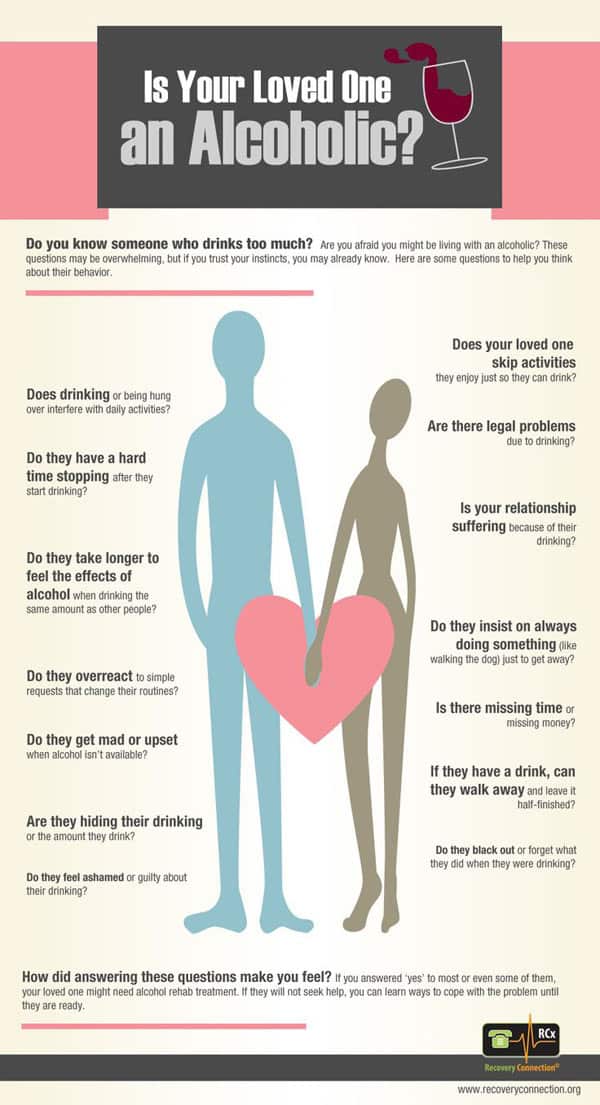
Approaches: transactional analysis, psychological analysis method, neuropsychological techniques, art therapy.
Problems: constructive communication, parent-child problems, increased / decreased emotionality, choice problems, self-doubt, LGBTQ+ problems.
Alina Sazonova
Psychotherapist
Experience: 6 years.
Approaches: gestalt therapy, art therapy, integrative approach, NLP.
Problems: dissatisfaction with life, uncertainty and indecision, low self-esteem, loneliness, dislike of one's work and lifestyle, self-realization, problems in romantic relationships.
Yulia Yakunina
Family counselor, adolescent psychologist
Experience: 10 years.
Approaches: positive psychotherapy, fairy tale therapy, meditative technique.
Problems: situations of conflict (including due to the financial aspect), infidelity, divorce, fear of death, anger, resentment, guilt, loneliness, problems of LGBT people.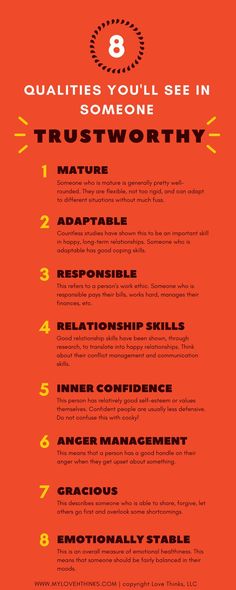
Sevastyanova Tatyana
Psychologist, family psychotherapist
Experience: 20 years.
Approaches: gestalt therapy, family systems therapy, art therapy.
Problems: crises, co-dependency, conflict, grief and loss, anxiety and depression, low self-esteem and self-doubt.
Moroz Olesya
Psychologist-psychotherapist, sexologist, gestalt consultant
Experience: 13 years.
Approaches: CBT, symbol drama, art therapy, gestalt approach.
Problems: sexological problems, work with traumatic experiences, depression, apathy, self-damaging behavior, self-discovery.
Prudnik Svetlana
Practical adolescent psychologist, family psychologist
Experience: 20 years.
Approaches: consultant in the method of positive psychotherapy, gestalt approach, home therapy.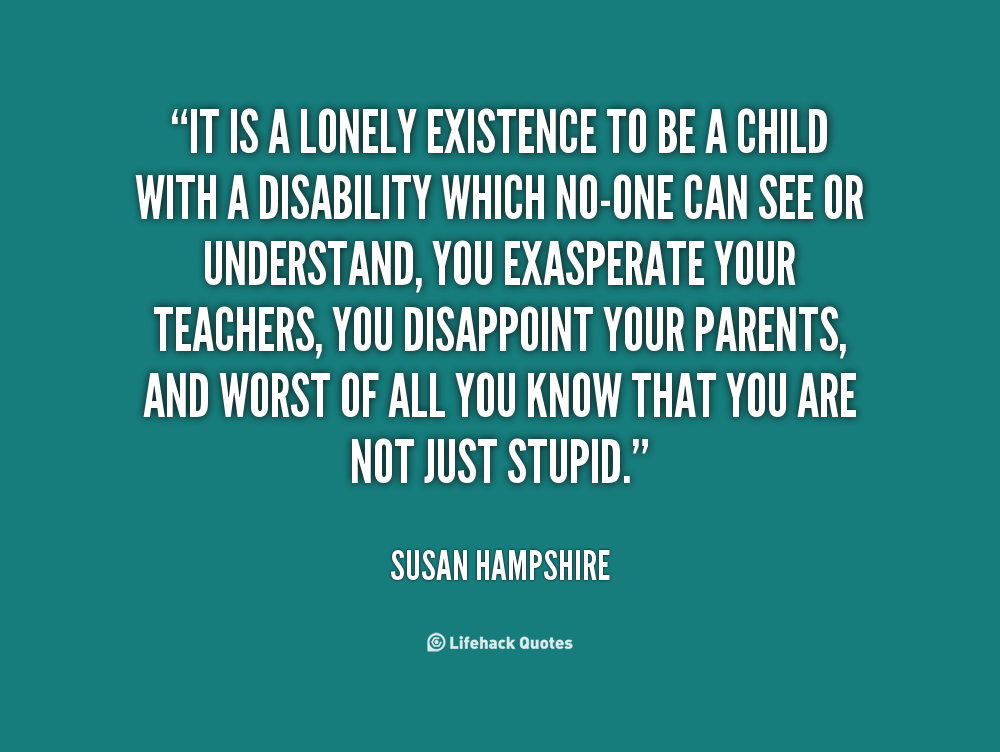
Problems: fears, doubts, lack of understanding of oneself and one's own desires, problems in relationships, problems in the behavior of teenagers.
Sarapina Lyudmila
Family psychologist, child and adolescent psychologist, coach
Experience: 20 years.
Approaches: positive psychotherapy, body-oriented therapy, art therapy, children's play therapy, trauma therapy.
Problems: anxiety, nervous breakdowns, problems in relationships with children, partners, family, depression, traumatic experience, self-acceptance.
Saltykova Irina
Practical psychologist
Experience: 15 years.
Approaches: psychodiagnostics, psychocorrection, psychoeducation, development, consultations for parents and children.
Problems: organizing the development of a space for a "special" child, supporting parents of a child with special needs, working with children and adolescents with behavioral problems, depression, fears
Dikiy Mikhail
Psychologist, psychotherapist, coach
Experience: 12 years old.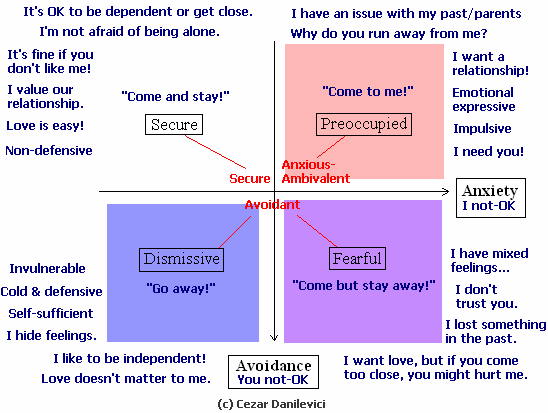
Approaches: positive psychotherapy, acceptance and responsibility therapy, EMDR, cognitive image therapy, coaching.
Problems: I will help you get rid of anxiety, fears, low self-esteem, improve relationships with loved ones / at work, survive loss, heal injuries.
Anna Katerusha
Military psychologist, family and adolescent psychologist
Experience: 10 years
Approaches: gestalt therapy, projective methods, military psychology.
Problems: adaptation of military personnel taking part in combat operations, PTSD in adults and children,
Difficulties in family relationships, anxiety, depression.
Maxim Zhuk
Psychoanalyst, psychotherapist
Experience: 7 years.
Approaches: psychoanalytic therapy.
Problems: relationships and crises in relationships.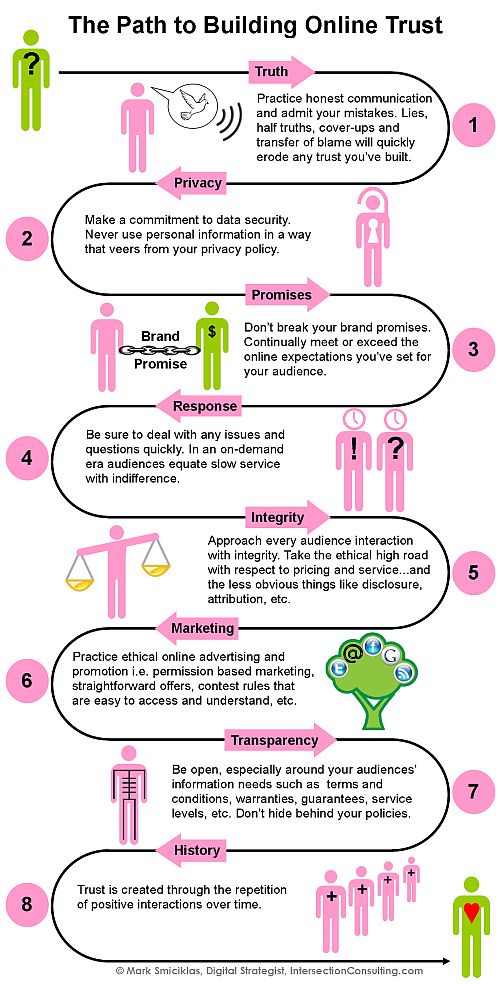 Fears, phobias, panic attacks, apathy, dissatisfaction with oneself and / or life, sexological problems, psychosomatic diseases, self-knowledge.
Fears, phobias, panic attacks, apathy, dissatisfaction with oneself and / or life, sexological problems, psychosomatic diseases, self-knowledge.
Kolycheva Tatyana
Crisis psychologist, family psychologist, adolescent psychologist
Experience: 20 years
Approaches: gestalt method, methods of cognitive behavioral and integrative psychology, art methods.
Problems: personal self-determination, existential and interpersonal problems, interpersonal and intrapersonal conflicts, understand the crisis and decide on your own request.
Yana Valiakhmetova
Counseling psychologist in the CBT method
Experience: 4 years.
Approaches: cognitive behavioral therapy (CBT).
Problems: problems in the family, with a partner or children, anxiety, stress, depression, feelings of resentment, anger, compassion, loneliness, inferiority, panic and obsessive thoughts.
Valentina Shost
Psychologist, consultant in the method of positive psychotherapy
Experience: 5 years.
Approaches: psychoanalysis, coaching, symbol drama and positive psychotherapy.
Problems: aero- and other phobias, internal disharmony, relationships with others, anxiety, search for oneself, self-realization, fear of publicity, negative experiences.
Amina Karimova
Consultant psychologist
Experience: 10 years
Approaches: analytical psychology, art therapy, transactional analysis, body orientation therapy.
Problems: crises, PTSD, gender-based violence (including domestic violence). I will be useful in working with anxiety, depression, burnout and self-esteem.
Maria Sobko
Psychologist-consultant
Experience: 5 years.
Approaches: family systems therapy.
Problems : difficulties in relationships with a partner, family and, above all, with oneself, inner support, anxiety, search for work-life balance, work with attitudes and life scenario, emotional burnout.
Please select a date
Select the type of consultationSessionSubscription
Enroll
Forgot your password?
Your new password must be different from the previous one
Number confirmation
An SMS was sent to you with a confirmation code
Didn't receive a code?
resend02/21/2020
A strong marriage does not work on its own - relationships need to be worked on. If you are striving to build a harmonious and lasting relationship with a partner, it is important to initially build trust in each other.

Psychology professor John Gottman has observed more than 3,000 couples in his 40 years of practice. He came to the conclusion that the main problem in marriage is distrust. In most cases, the cause of conflicts between lovers is precisely the lack of trust in each other.
Trust in a couple is a feeling of complete calmness, open relationships that are built on confidence in the honesty and decency of the other person towards you.
At the very beginning of a relationship, namely in the period of falling in love, initial trust is established. Unfortunately, it cannot last forever, and as soon as doubt appears in relation to your partner, trust dies. The reason for this is the desire of a man and a woman to seem better at the beginning of building a relationship. Over time, as relationships become habitual and lose their original novelty, we become ourselves. We begin to study the partner, find out how trustworthy he is and look for all the pitfalls. At the same time, all our previous experience of building relationships comes to the surface, which largely explains the perception of a partner at this stage of the relationship.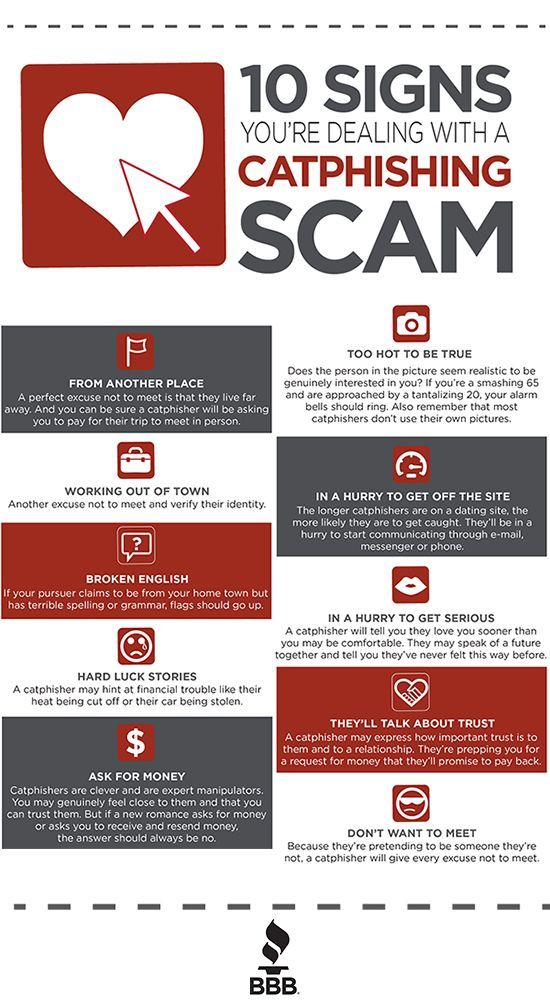
The period of getting to know each other and accepting a partner with all his feelings and lived experience is a very important period for your further joint future. Therefore, despite the fact that past experiences interfere with each person, it is important to remember that without some risk, a fulfilling life and healthy relationships are impossible.
How to learn to trust each other and build harmonious relationships?
Personal space. Complete trust can only be built in an environment of complete security. If you swear, humiliate each other verbally or physically, you create an unsafe environment for life and a lot of problems that lead to the destruction of relationships. Also pay special attention to your desire to constantly control your partner - this is also your distrust. Do not obsess over your partner, do not control his life - live yours. Constant attempts to control only push you away from each other and destroy trust.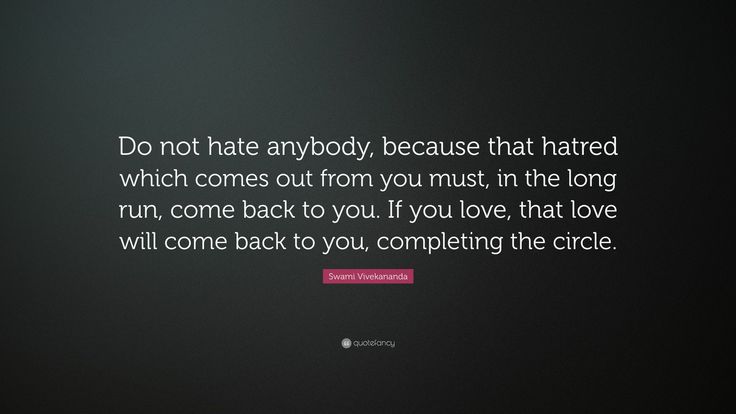
Therefore, if your partner wants to spend time with friends, learn to accept his desires and respond calmly to them. Remember that you can always calmly discuss what is unacceptable for you. For example, when a partner says that he wants to go to a nightclub with friends and girlfriends, and you understand that you do not like this idea, it is better to immediately discuss this point with a partner and thus avoid problems of mutual understanding in the future.
Tell us about your desires. Often people do not tell each other about their needs and desires. It’s better not to make your partner guess what he should do for you and how to act in this or that situation. It is important that both of you understand this. In the event that one of the partners shows constant care, and the other behaves more detached, as a result, one will begin to feel forgotten and unnecessary, and the other depressed. Such relationships are not healthy and therefore do not be afraid to be vulnerable - talk to each other about your wants and needs.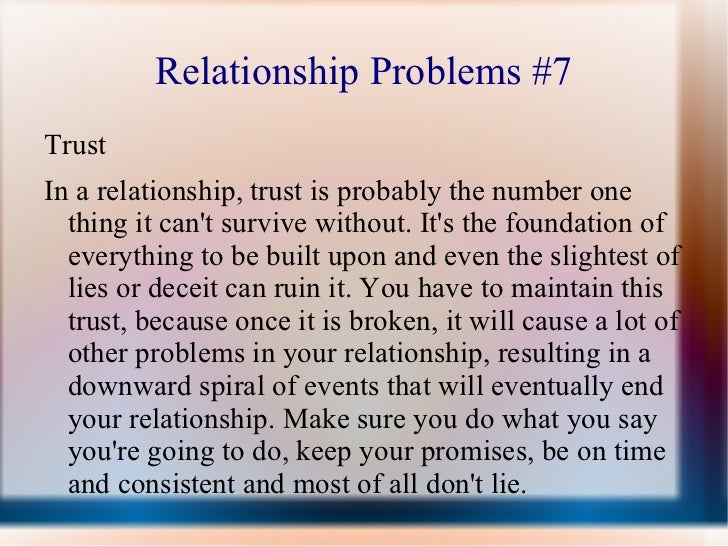
Learn to say NO. Don't forget that it's okay to try to give your partner something that will make him happy, but sometimes you just need to be able to say no. You and your partner need to understand and accept the fact that you can't always do everything your partner wants. In addition, if you are not afraid to refuse, your partner's respect for you may even grow. It is the ability to defend your interests that can increase the level of trust between you. The main thing is to learn to respect each other's personal boundaries and not go to extremes.
Tell the truth. In a relationship, you learn your partner so well that you understand their body language and facial expressions better than anyone else. And it is quite obvious that attempts to hide the truth will be declassified. So that you both do not have to blush, feel embarrassed - be honest with each other. The most reliable and unshakable connection between people occurs when a person knows that he can believe every word of his loved one.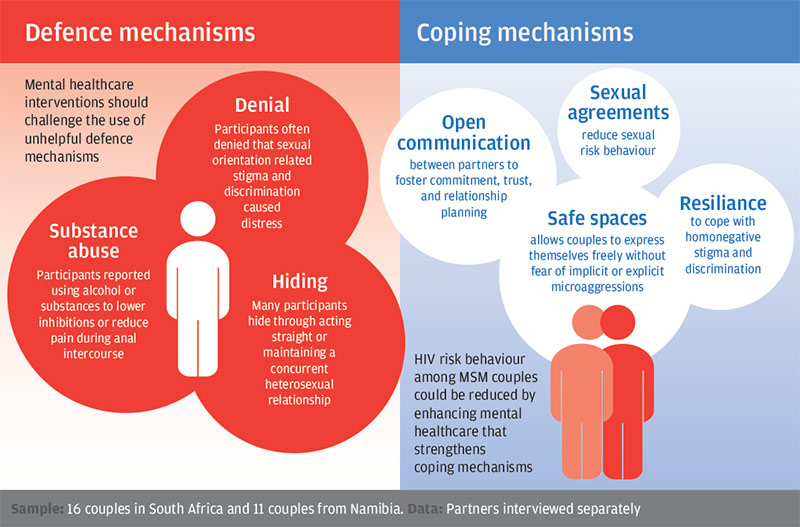
Be faithful to your partner. Your relationship will quickly become obsolete if one of the partners lacks the concept of loyalty and devotion. Of course, there are times when people recover from infidelity, but this will take a lot of time and the help of a psychologist. Therefore, it is very important to discuss the topic of loyalty in advance, to indicate your understanding of loyalty, personal boundaries and agree to be faithful to each other. And if it happened in your life that your relationship no longer brings you joy, it is better to sign up for a consultation with a psychologist, and do not look for a lover on the side.
No ulterior motives, only love. In a relationship, both of you need to be sure that you are loved as a unique person, and not because of some other reason. Hidden motives may be your financial condition, charming appearance, or simply the fear of loneliness. Try to understand yourself in order to be sure that you are together with a person in mutual sincere love.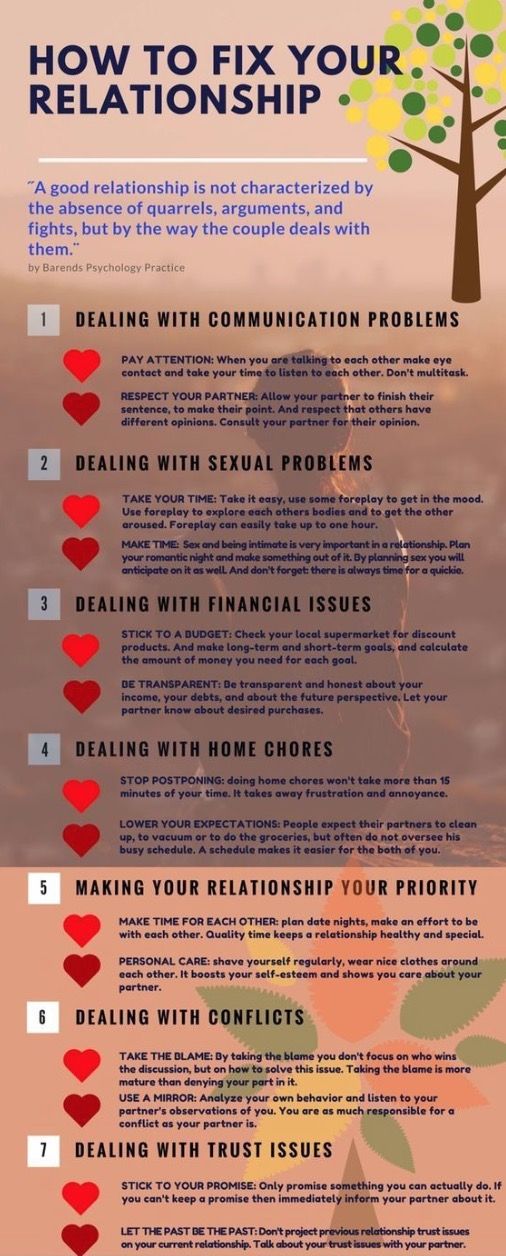
Relationships are a priority. It often happens that over time we take our partner for granted. Because of this, we neglect the interests and desires of each other. To prevent this from happening, try not to distance yourself from your partner by investing your time and energy in other people. Always remember your priorities and the person you have chosen. If you truly value your relationship, it will be at the top of your list. Give your relationship enough time, spend leisure time together, arrange interesting pastime for yourself and appreciate each other.
Remember that in any relationship there are difficulties and hardships. However, if you keep an open mind about difficulties and work together to solve problems, the level of trust in your relationship will only grow.
See also
8 phrases that women are afraid to hear from their men
In all romantic relationships, misunderstandings can occur between partners.



